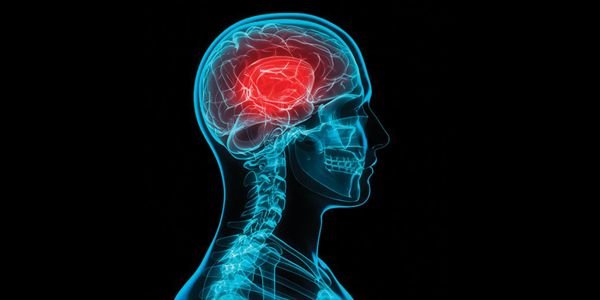Commotion

Description
A concussion or comocio is a traumatic injury that alters brain function.
Impairments are usually temporary, but can consist of headaches, difficulty concentrating, problems with memory, maintaining balance and coordination of movements.
Although concussions are usually caused by a blow to the head, they can occur when the head and upper body are violently shaken.
Such injuries can cause loss of consciousness, but in most cases this does not happen. For this reason, some people have a concussion but don’t realize it.
Concussions are common, especially when playing contact sports such as football. But every concussion damages brain tissue to some degree.
In order to properly heal the trauma, it is necessary to provide sufficient rest time.
Most traumatic brain injuries that cause a concussion are mild and affected people usually make a full recovery.
What are the symptoms of a concussion?
The clinical manifestations of a concussion may be subtle and therefore not immediately visible or palpable. They can last for days, weeks or even longer.
The most typical symptoms after a concussion are headache, memory loss and confusion.
Amnesia, which may be followed by a loss of consciousness, but this is rare and usually results in a loss of memory of the event that caused the concussion.
Manifestations of concussion may consist of:
• Headache or a feeling of pressure in the head;
• Temporary loss of consciousness;
• Confusion or the affected person feels as if they are in a fog;
• Loss of memories surrounding the traumatic event;
• Dizziness or seeing stars in broad daylight;
• Ringing in the ears;
• Nausea, vomiting;
• Slurred speech;
• Delayed responses when asked questions;
• Fatigue;
Some of the symptoms of concussion may appear immediately and others may appear later hours or days after the traumatic event:
• Irritability and other personality changes;
• Complaints about difficulty concentrating and partial inability to remember new information;
• Increased sensitivity to light and noise;
• Sleep disorders;
• Change in taste sensations and weakening of the sense of smell;
• Depression and more difficult adaptation to changes in the social environment;
Head injuries are much more common in young children, but it can be difficult to diagnose a concussion in infants and young children because they are unable to describe what they are feeling.
Non-verbal signs of concussion may include:
• They look dazed;
• Apathy and easy fatigue;
• Irritability and uncharacteristic pickiness of the child;
• Loss of balance and unsteady gait;
• Excessive crying;
• Changes in eating and sleeping habits;
When should you seek medical attention?
See a doctor in 1-2 days if you or your child has suffered a head injury, even if it is not requires emergency medical attention.
The American Academy of Pediatrics recommends that you check with your child’s doctor if he or she has suffered more than a mild concussion after the injury.
If he has no signs of serious head trauma and remains awake and fully and clearly conscious, moving normally and answering your questions, the injury is probably minor and no specialist medical attention is needed.
In that case, if your child wants to take a nap, that’s fine with him and let him sleep.



